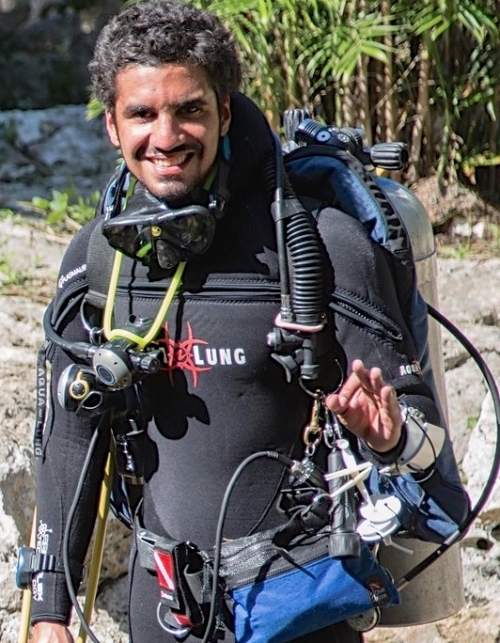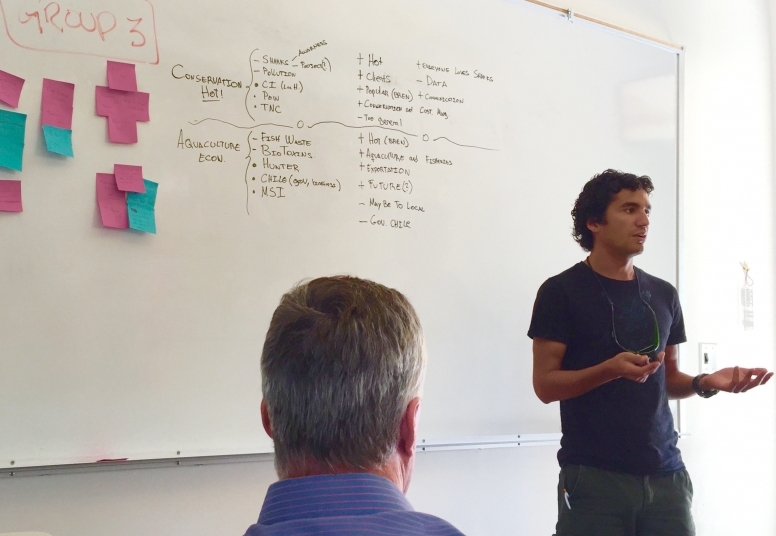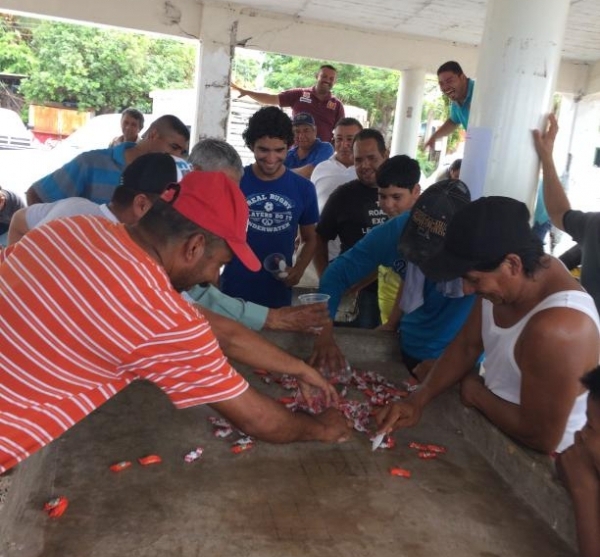Born in Brazil and raised in Mexico, Juliano graduated in Biology from the Universidad Autónoma Metropolitana in Mexico City in 2012. During that time he became a dive instructor and opened a diving center specializing in scientific diving. Juliano’s interest in environmental science grew out of an internship with a Sustainable Development NGO as a college freshmen, leading him to do a yearlong immersion program in Brazil focused on coastal zone management with Sao Paulo University.
Since then, Juliano has collaborated on two sequential research initiatives focusing on octopus fisheries in Mexico, particularly examining these fisheries in the context of coastal food security. Prior to becoming a LAFF Fellow, Juliano worked as a coordinator for the Global Institute of Sustainability. His work, in addition to coordinating the Green Summit, focused on environmental business responsibility, analyzing the environmental strategy of global companies.
As a Latin American Fisheries Fellow, Juliano is committed to supporting policymaking and resources management decisions with a strong interdisciplinary science. He’s gained particular interest in equity issues within managed systems and how to address them. More broadly, Juliano is interested in human driven impacts (with special attention to climate change) on fisheries resources in Latin America. His projects and emerging professional directions look to understand how impacts of environmental change affect social structures, such as food security and local economies, how they can be measured, and how to create social adaptive capacity to such changes. Since graduating from the MESM program, Juliano has continued examining these dimensions as a PhD student in the Changing Oceans Research Unit of UBC's Institute for the Oceans and Fisheries.
























































